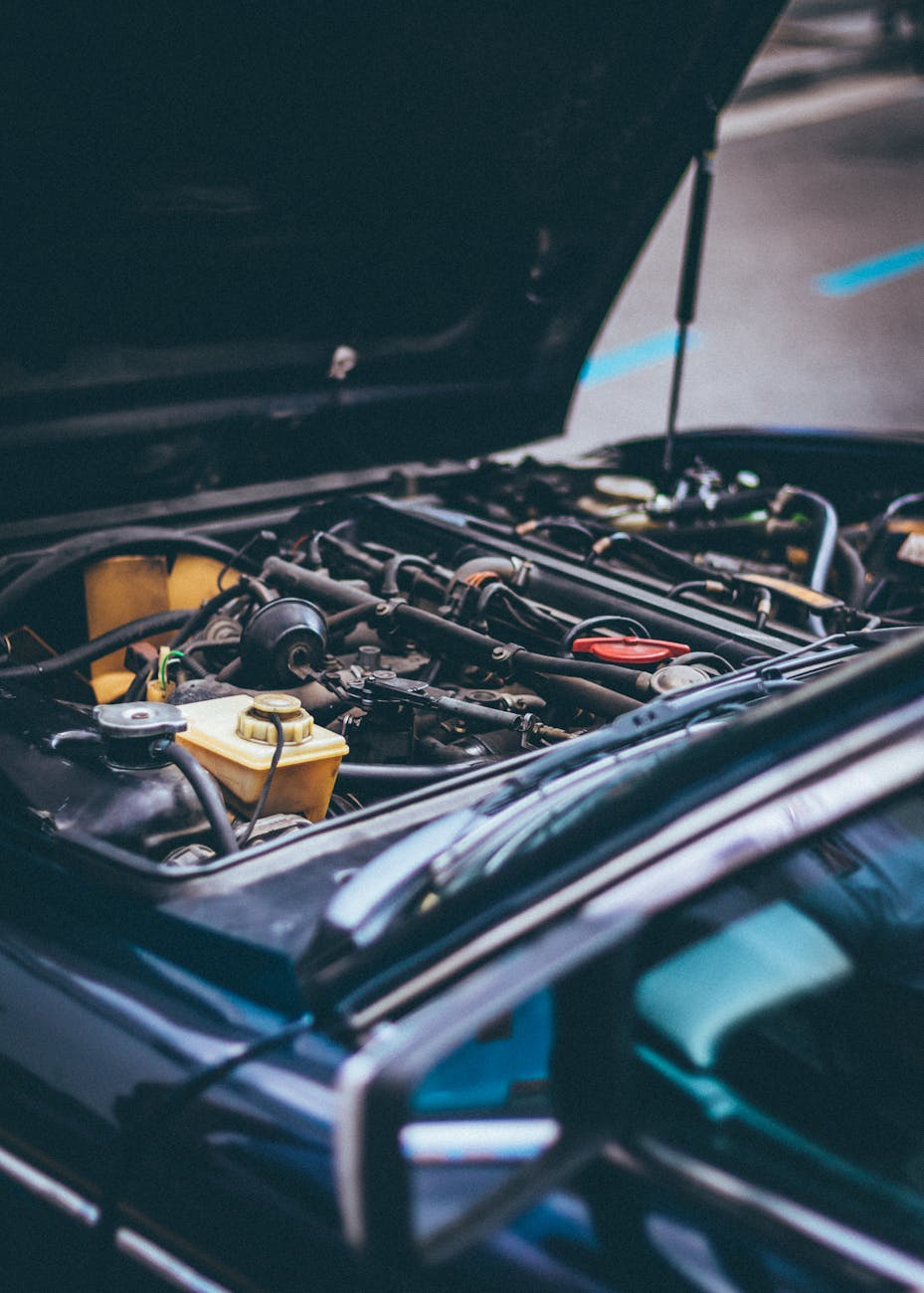When it comes to getting a new vehicle, the decision to lease or buy is a significant one, with long-term financial implications. Your driving habits are amongst the most important factors to consider. In the end, it’s not just about the car you want but also how you plan to use it.
Understanding Lease Agreements and Mileage Limits
Lease agreements are attractive due to their lower monthly payments and the ability to drive a new car every few years. However, they come with mileage restrictions that can greatly impact whether leasing is right for you.
Annual Mileage Caps:
Most lease agreements come with a mileage limit, typically ranging from 12,000 to 15,000 miles per year. If you’re someone who drives frequently or travels long distances regularly, you may be at risk of surpassing these limitations.
Excess Mileage Penalties:
Going over your lease’s mileage cap can result in steep fines. These penalties are charged per mile over the agreed limit, and the costs can escalate quickly, leaving you to face an unexpected bill at the end of your lease term.
Usage and Wear Considerations:
Leased vehicles also need to be returned in good condition. Heavy usage or wear beyond the normative ‘wear and tear’ may incur additional fees.
Financial Considerations When Buying
Buying a vehicle outright eliminates the worry over mileage limits and excess use charges. While monthly payments can be higher when you purchase a car (especially if it’s financed), you gain equity with each payment. Here are a few advantages:
No Mileage Restrictions:
Owning the vehicle means you have no annual mileage caps. You’re free to drive as much as you please without the specter of excess mileage fees.
Customization and Resale:
Purchasing a vehicle allows full freedom to modify or customize it as you see fit. Plus, there’s potential to recoup some of your investment by selling the car later on, an option not available with leases.
Long-Term Savings:
The long-term cost of leasing multiple cars can exceed the price of buying one and keeping it for several years. Ownership offers an eventual end to monthly payments once your auto loan is fully paid off.
Making the Decision
When deciding whether to lease or buy, it’s essential to assess your driving habits and financial priorities:
- High-mileage drivers: Buying might be more cost-effective to avoid penalties.
- Frequent car changers: Lease can be beneficial if you prefer a new car experience every few years and don’t want to deal with resale.
- Budget-conscious consumers: Although lease payments are lower, ownership lacks endless monthly payments and offers the potential for resale value.
Ultimately, the decision hinges on a balance between how you drive, how often you desire a new vehicle, and your financial strategy for car expenses.
Our Recommendation
Consider buying if:
- You drive considerable miles annually.
- You prefer owning assets and building equity.
- You don’t mind driving the same vehicle long-term.
Consider leasing if:
- You keep within the typical annual mileage limits.
- You prefer lower monthly payments and driving newer models.
- You want to avoid the hassle of selling a used car later down the line.
Whatever you decide, ensure it aligns with both your driving habits and financial goals to make the most of your vehicle without overstepping your budget. Overall, evaluating your driving habits and understanding the implications of leasing versus buying will help you make an informed decision that suits your needs and preferences. So before signing on the dotted line, take some time to consider what type of driver you are and how it could affect your choice. Whether you choose to lease or buy, always remember to drive safely!





Leave a comment